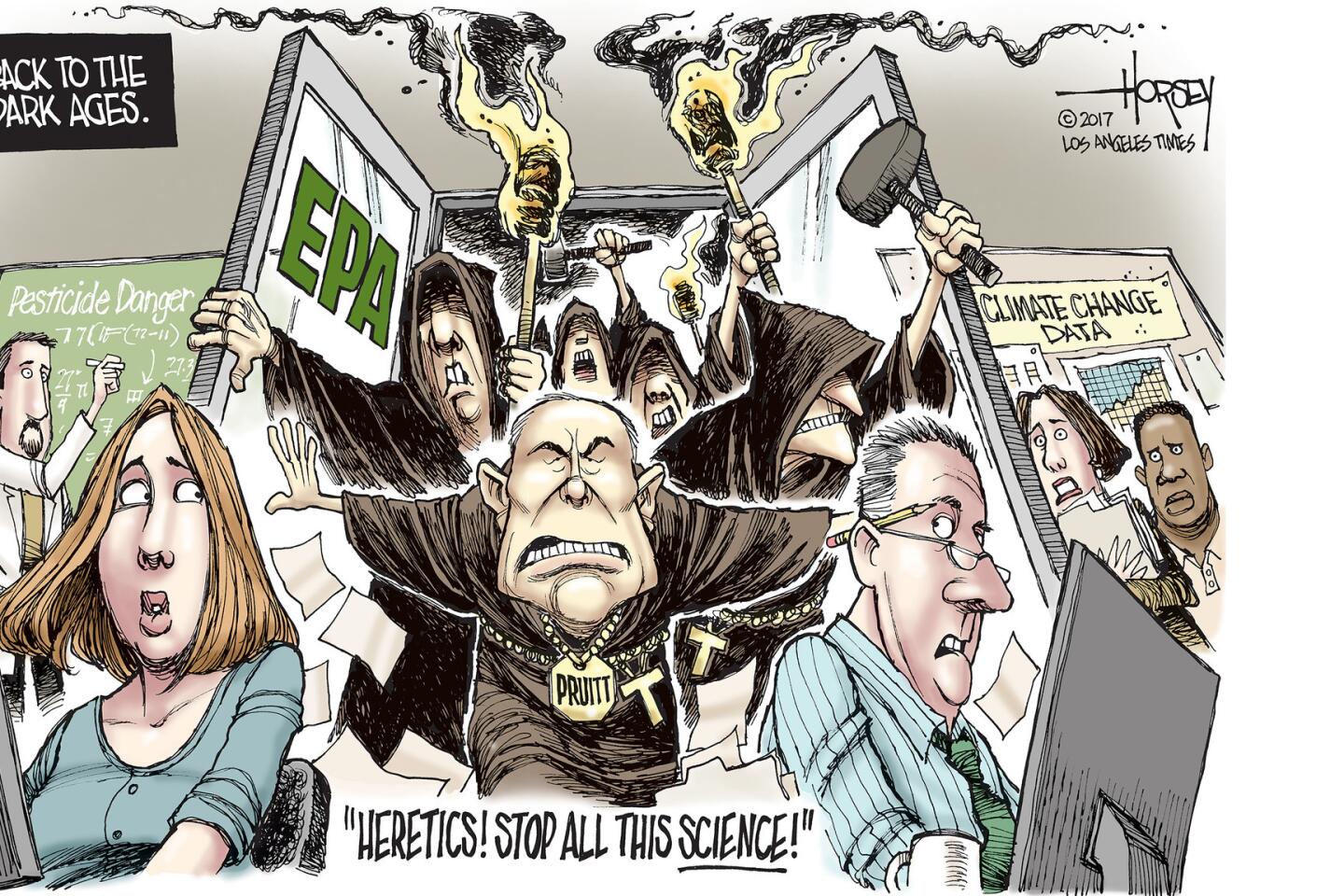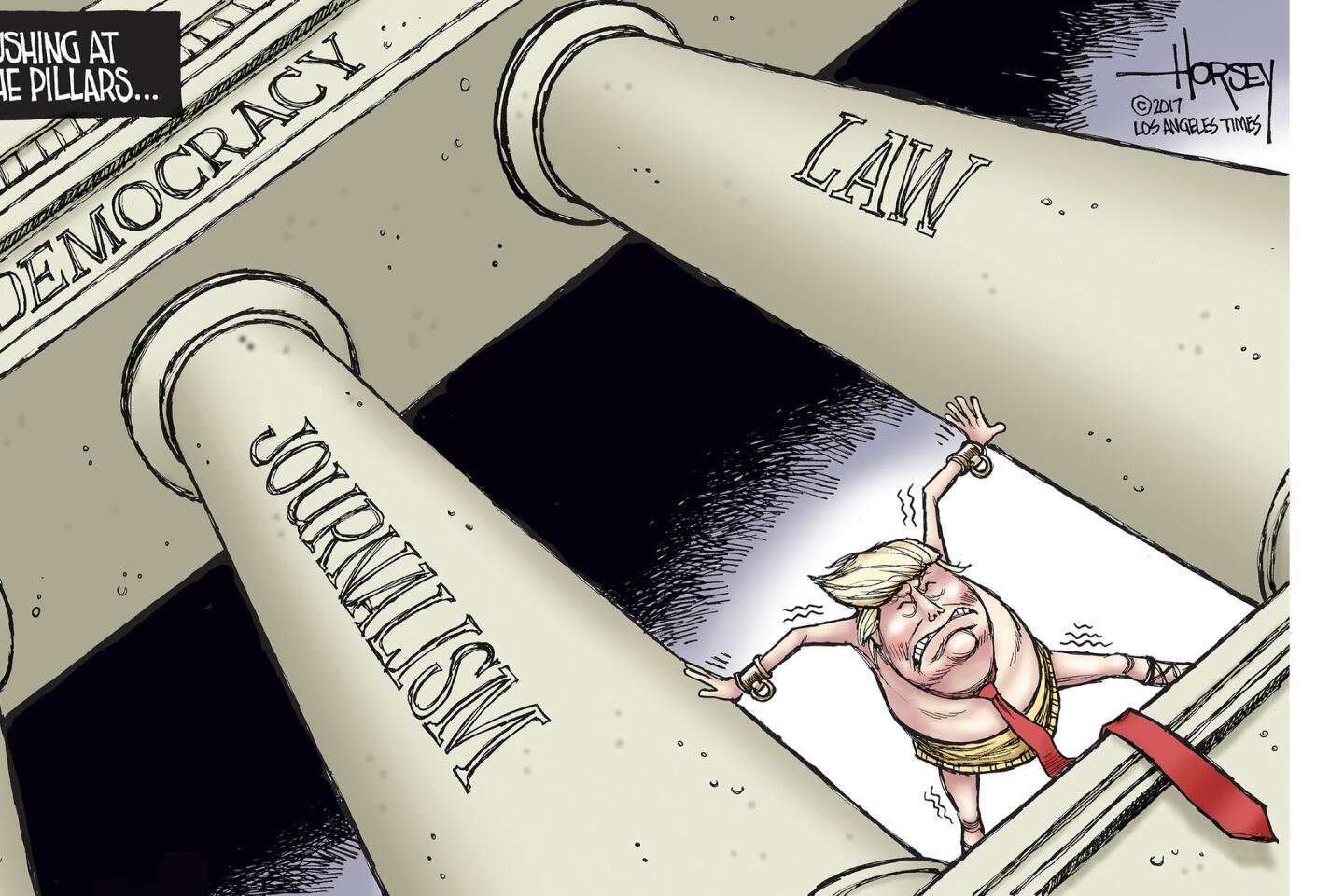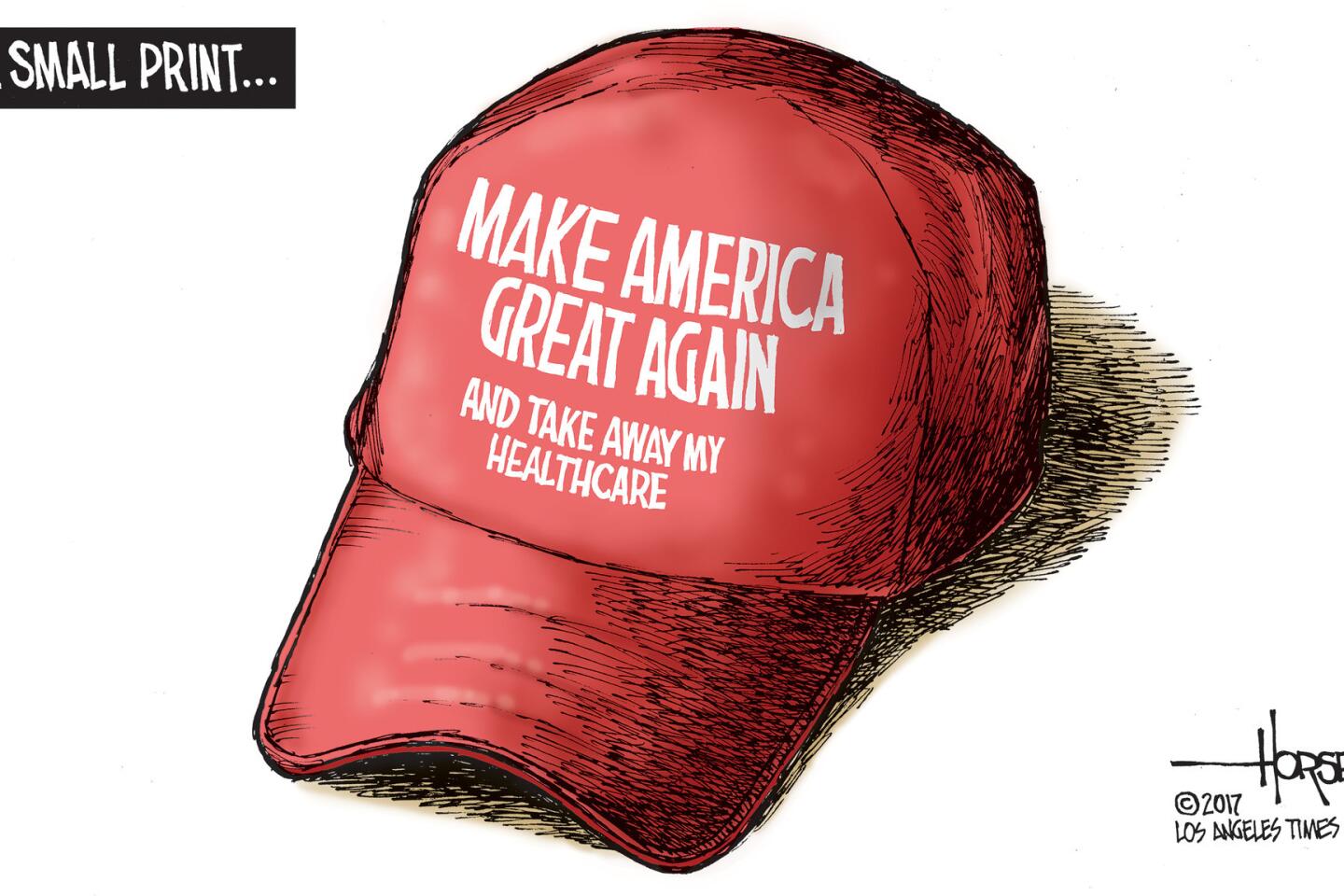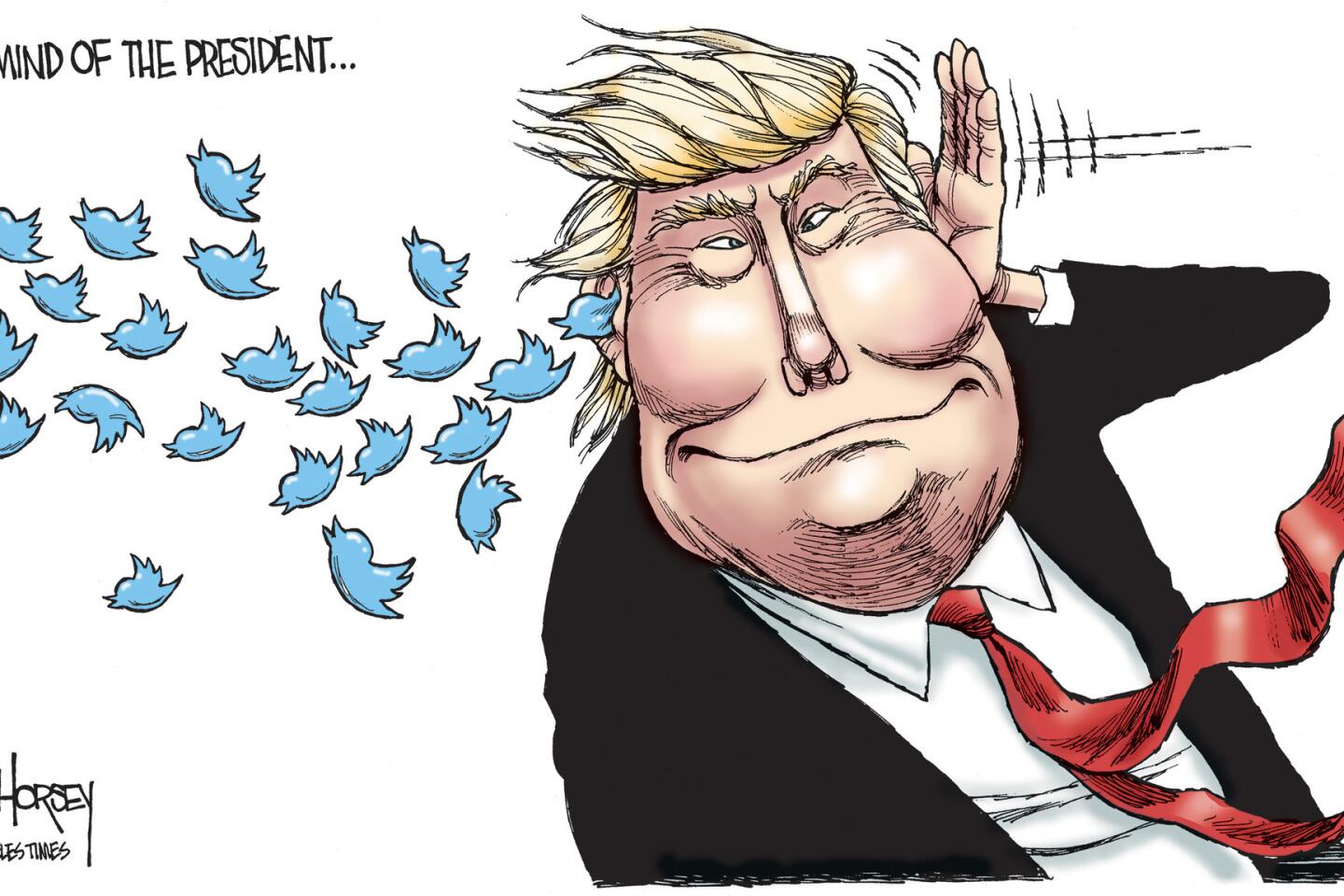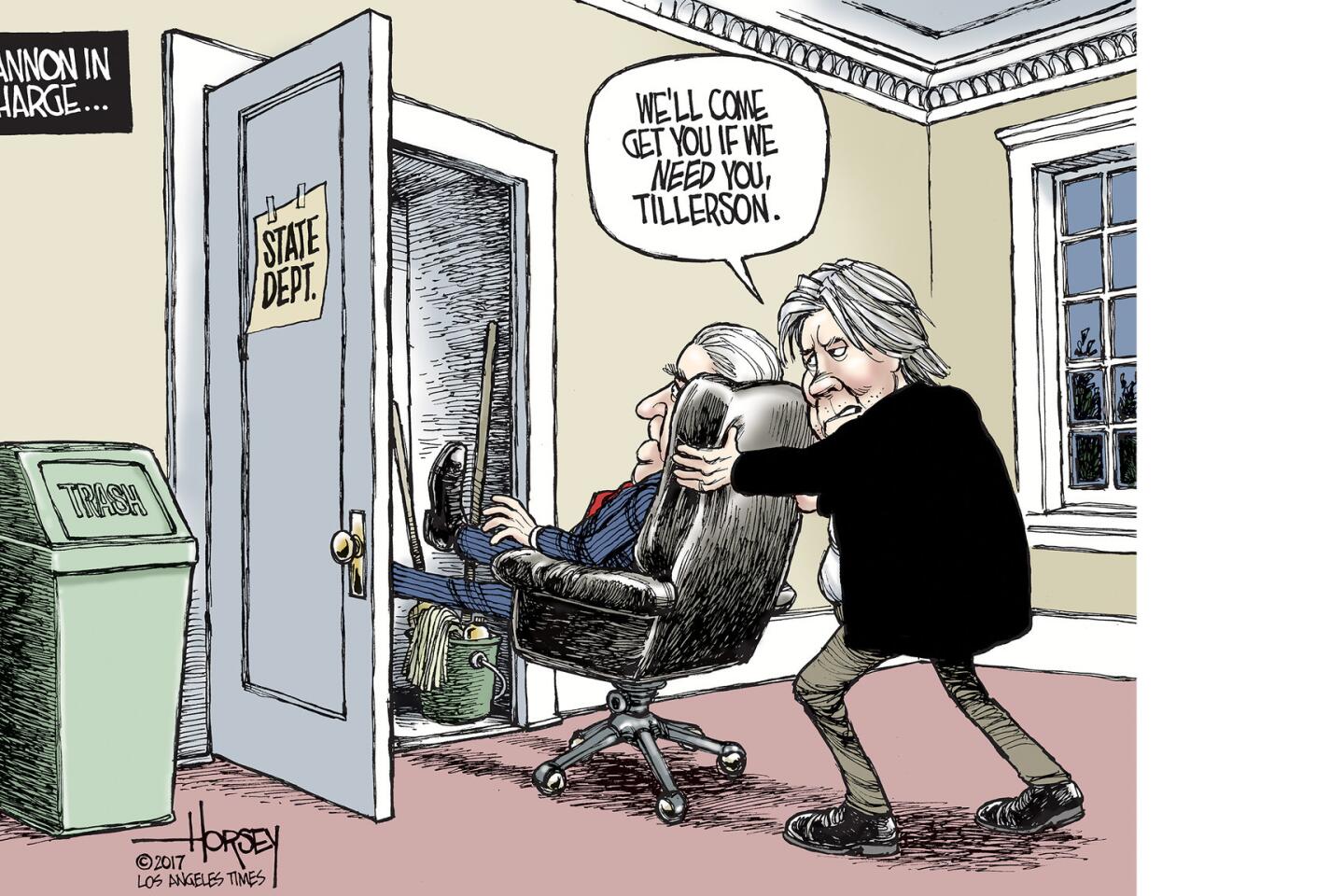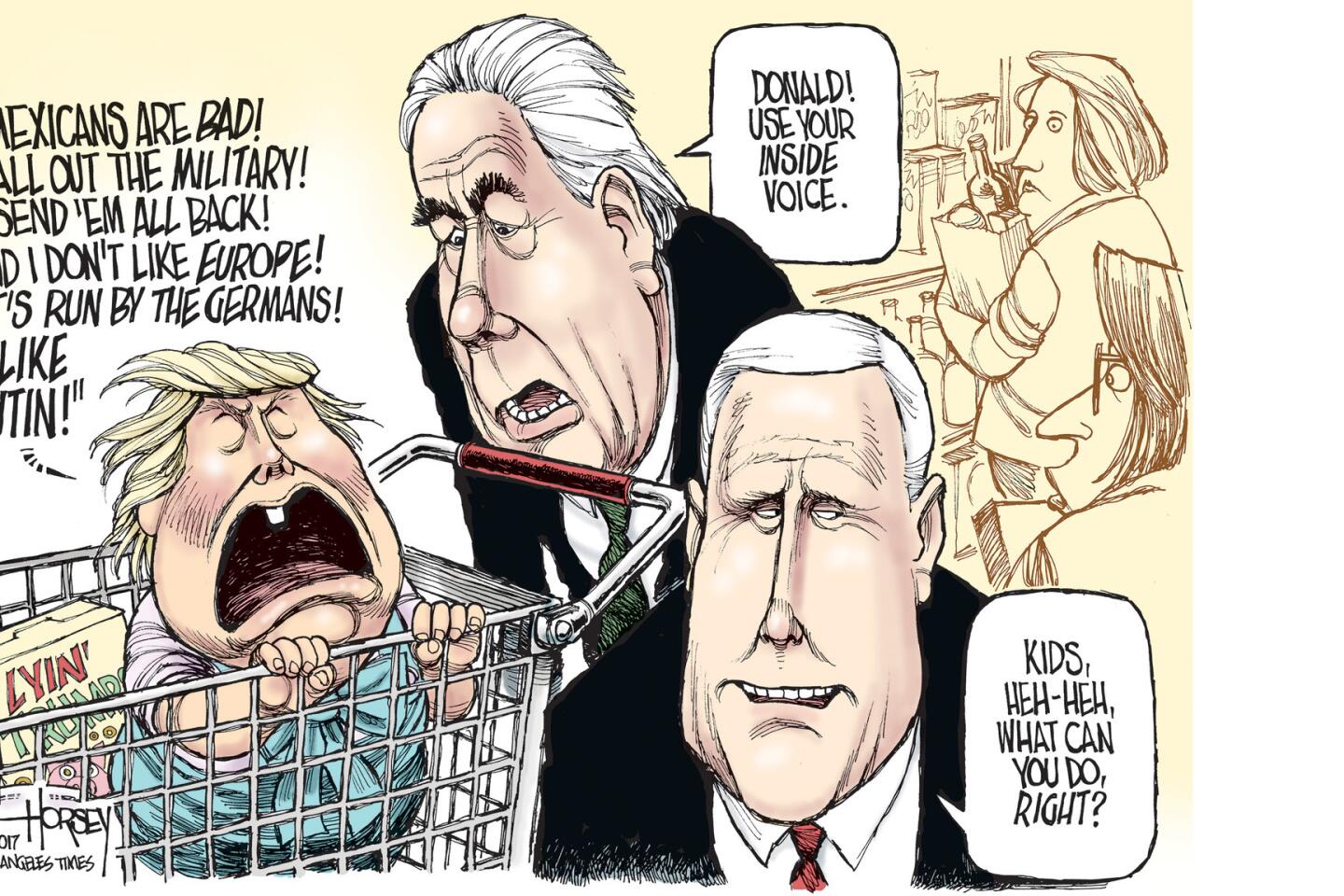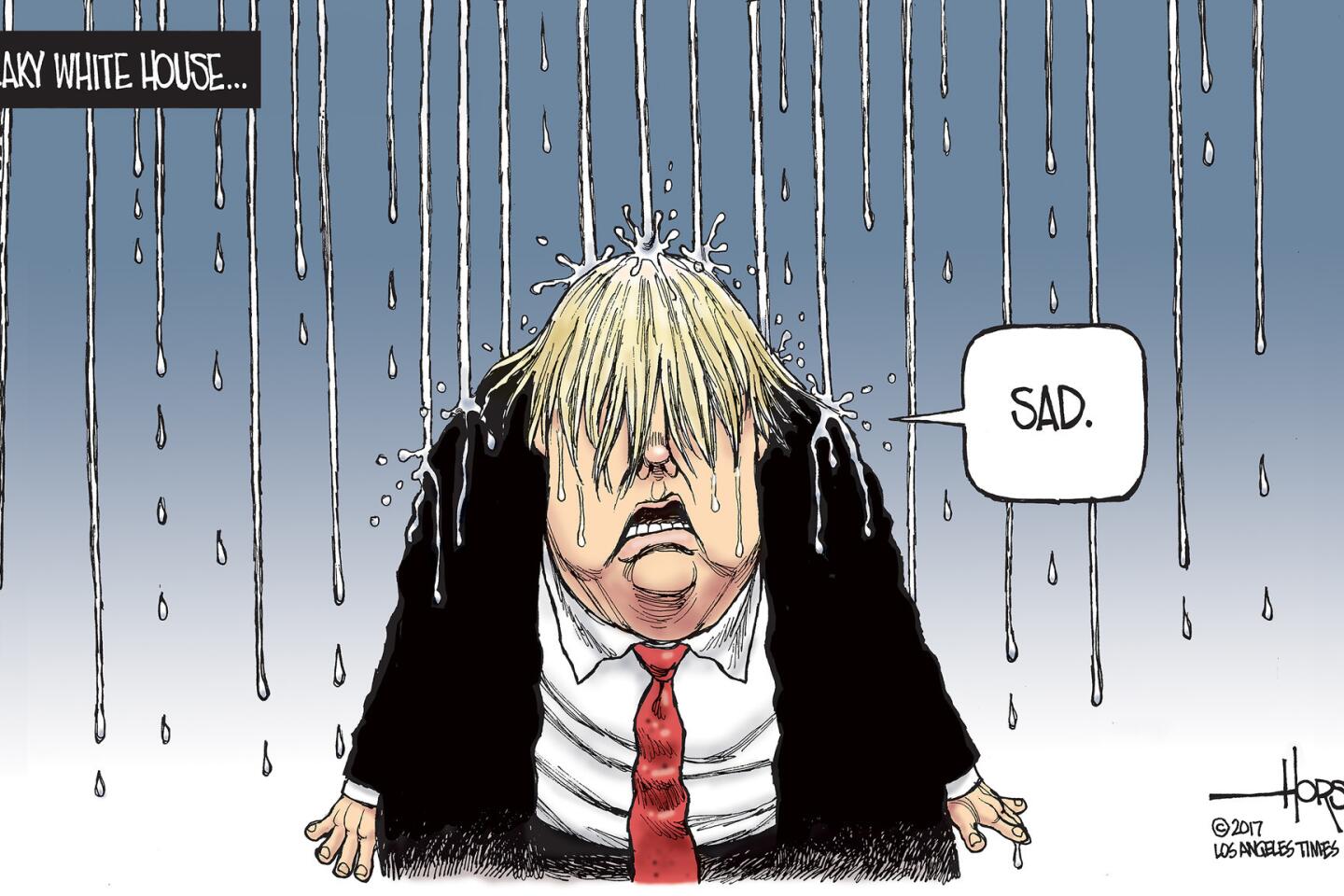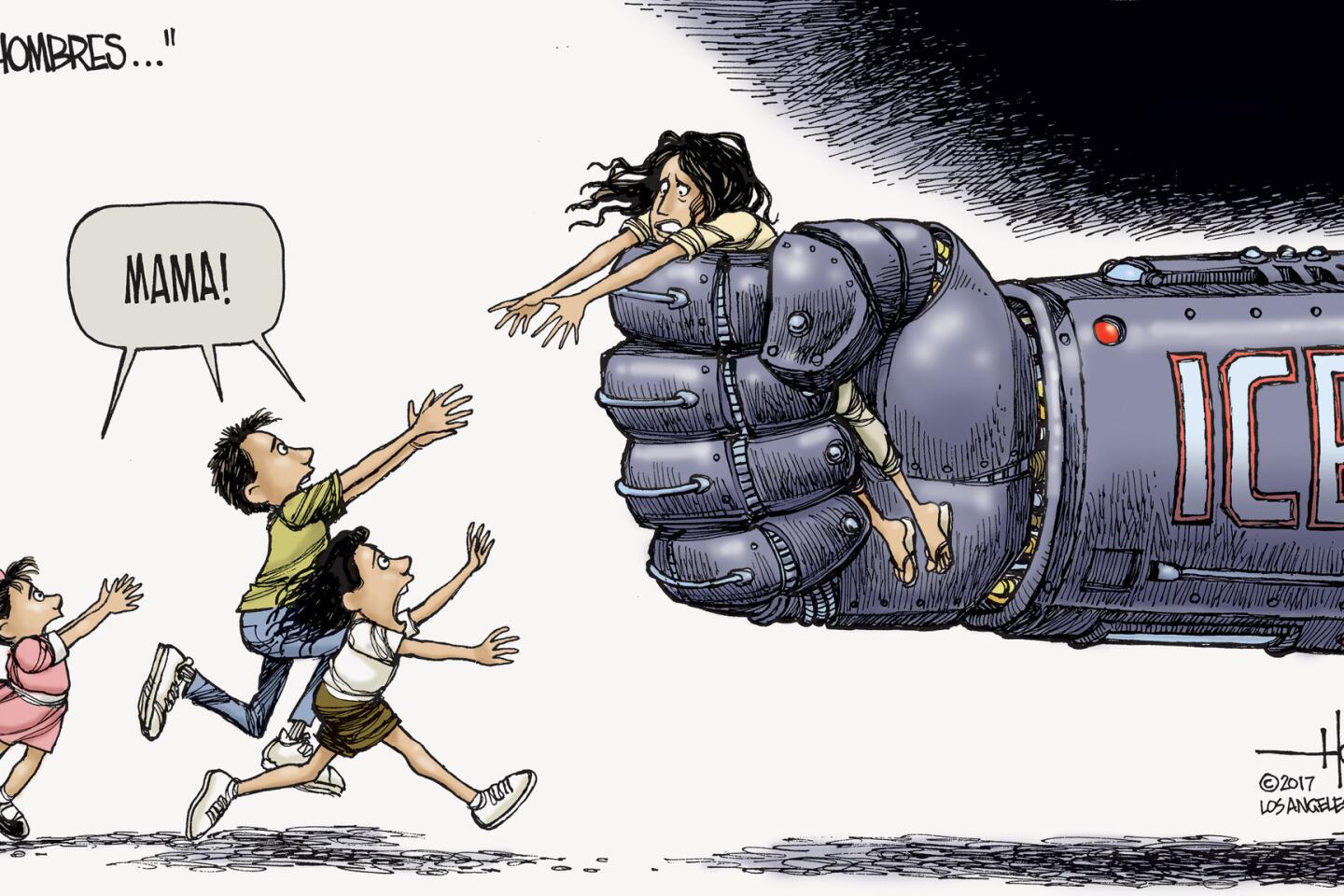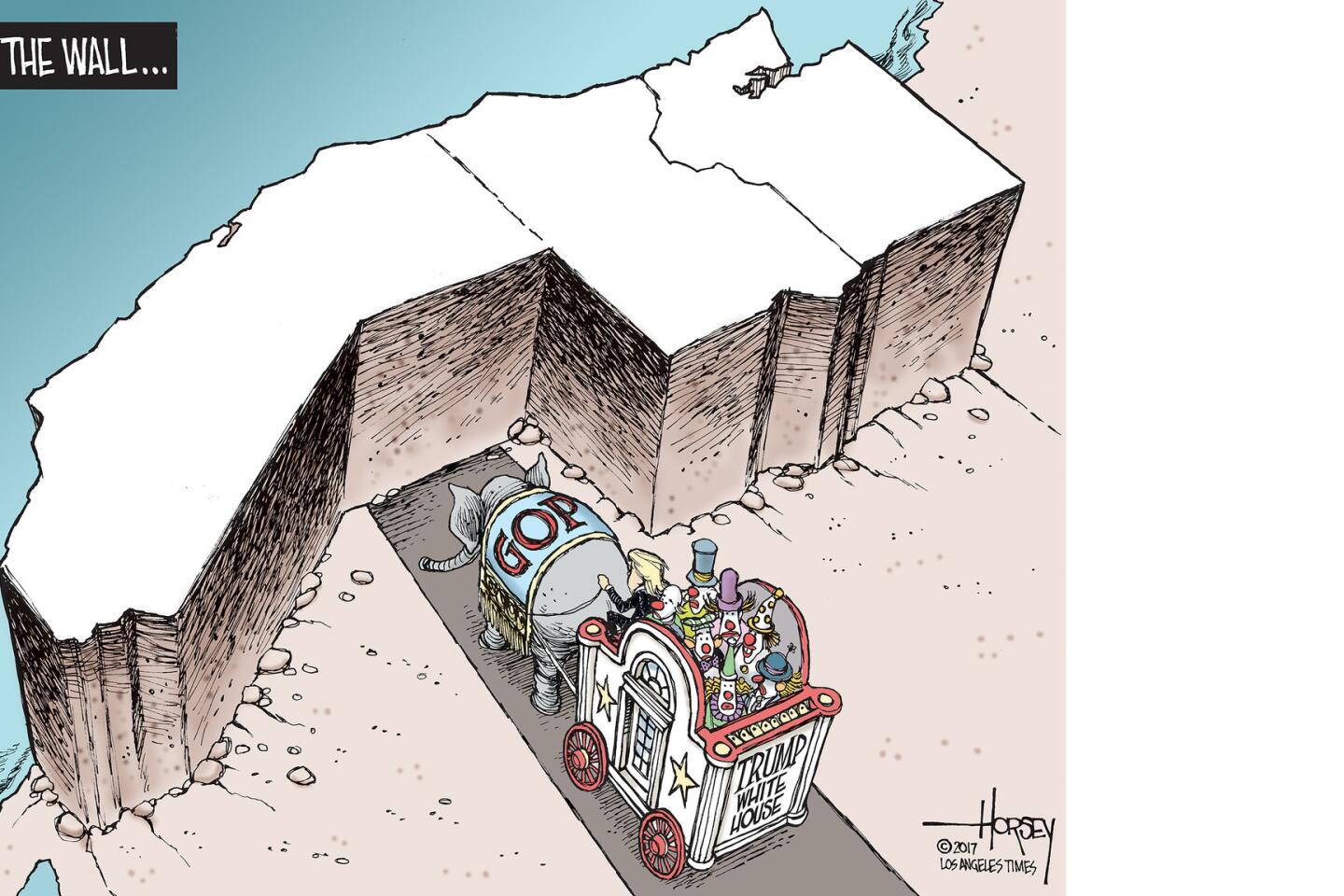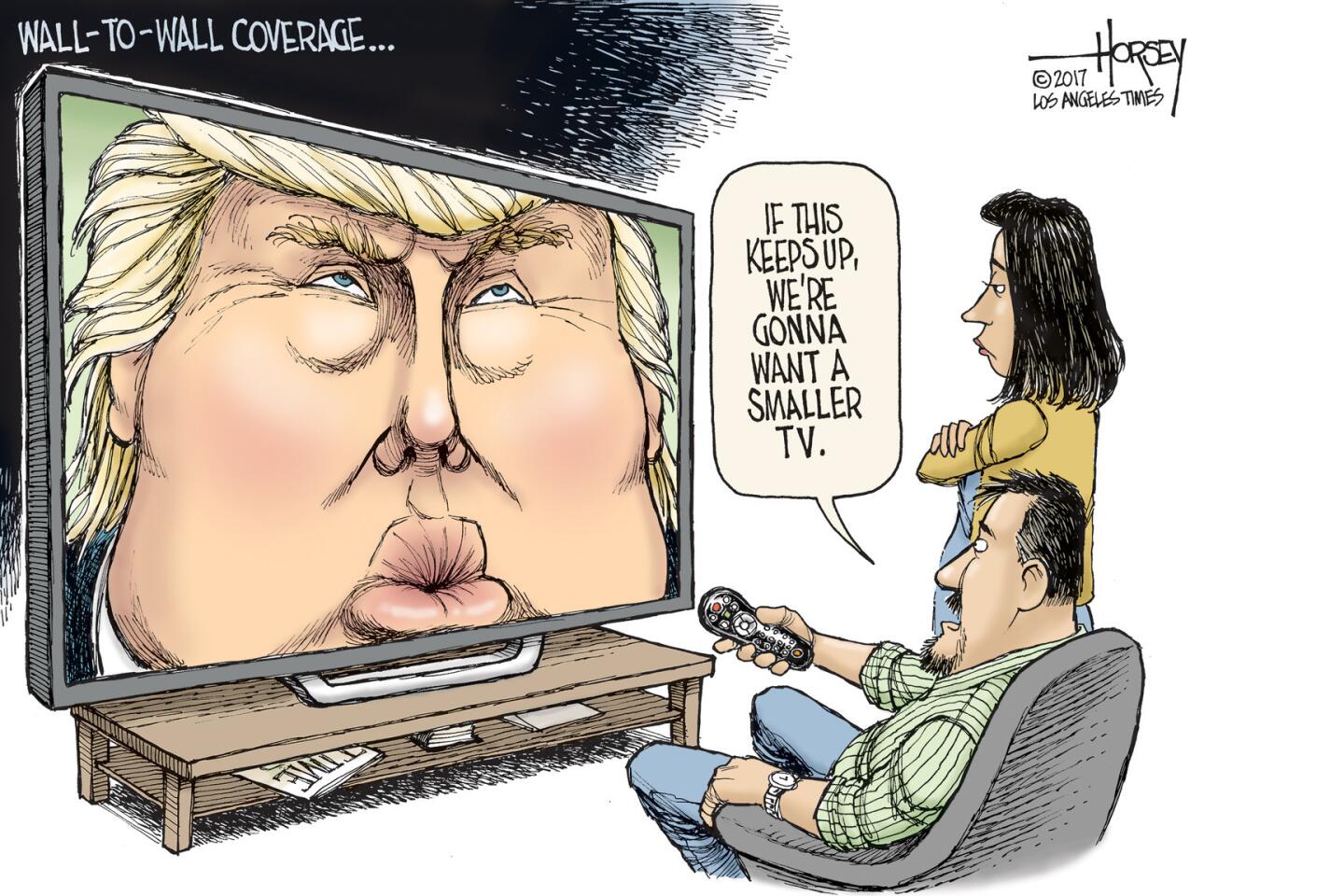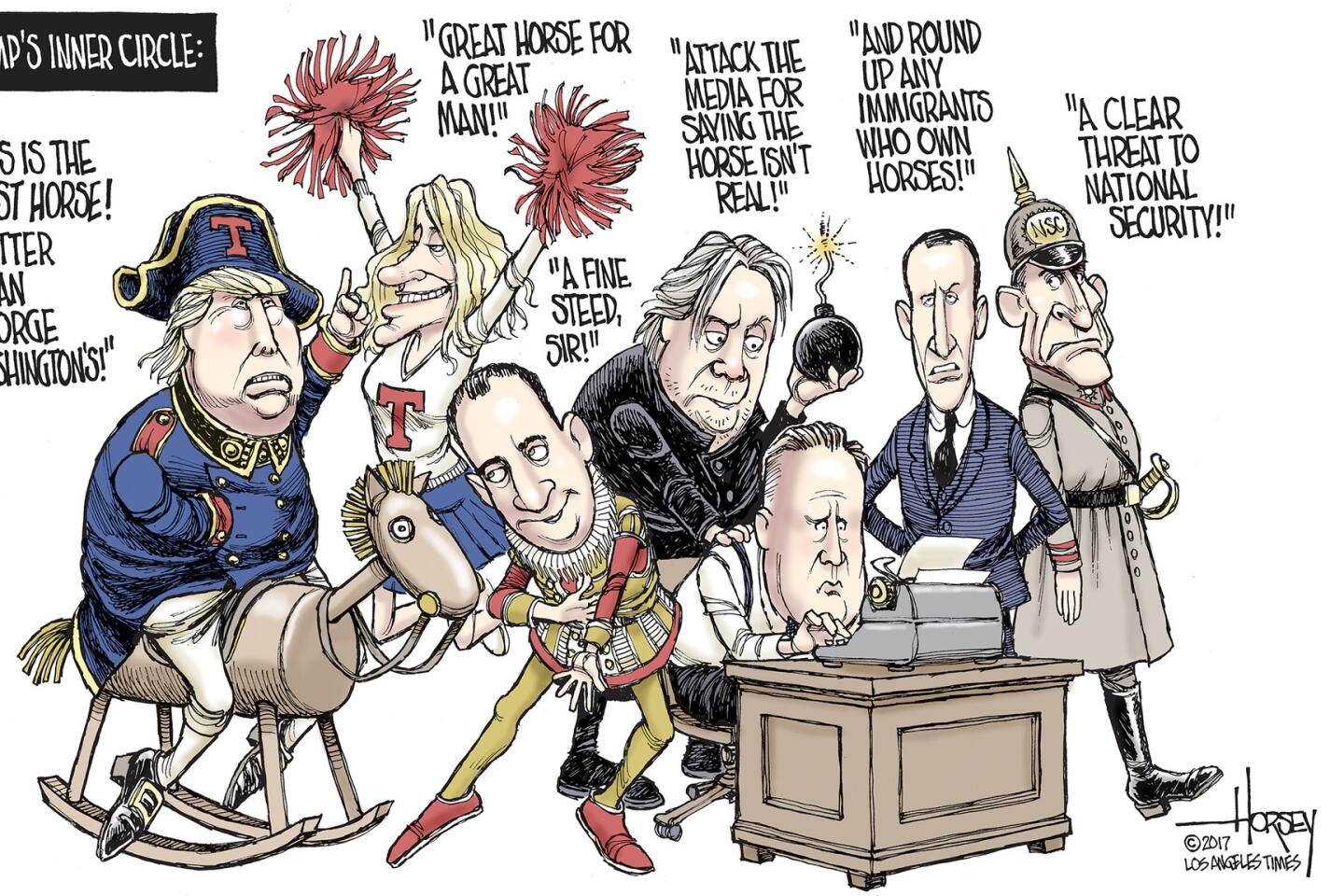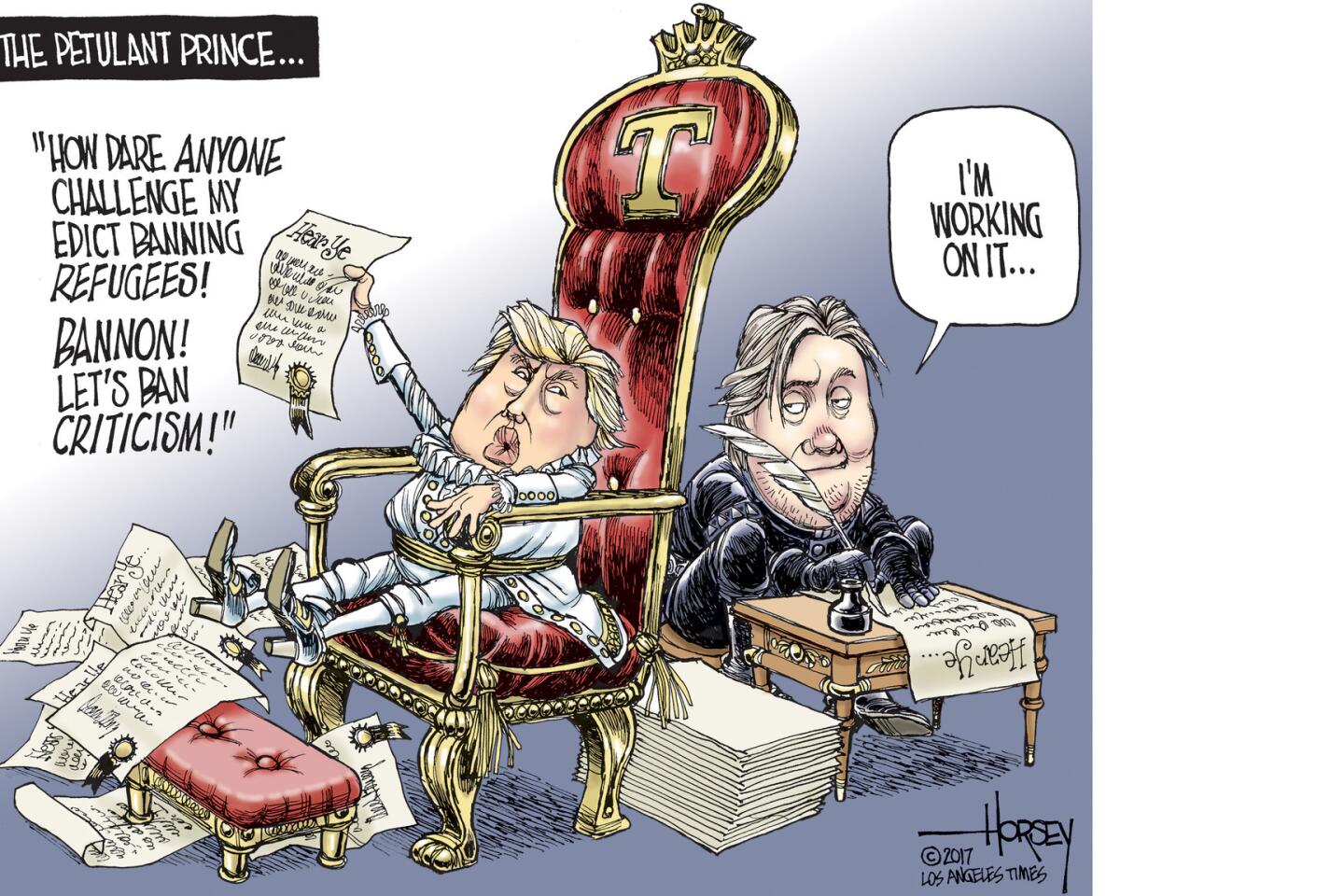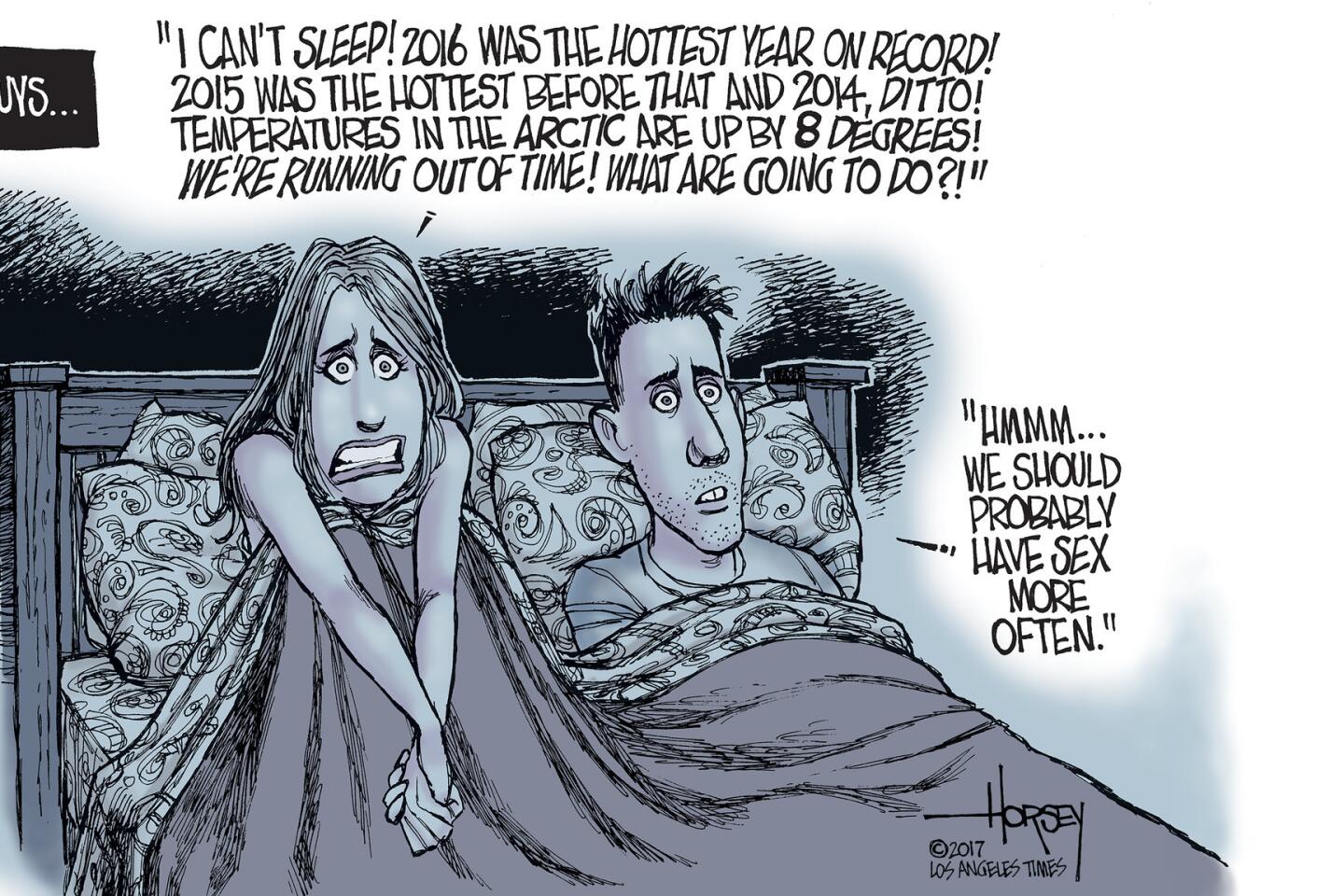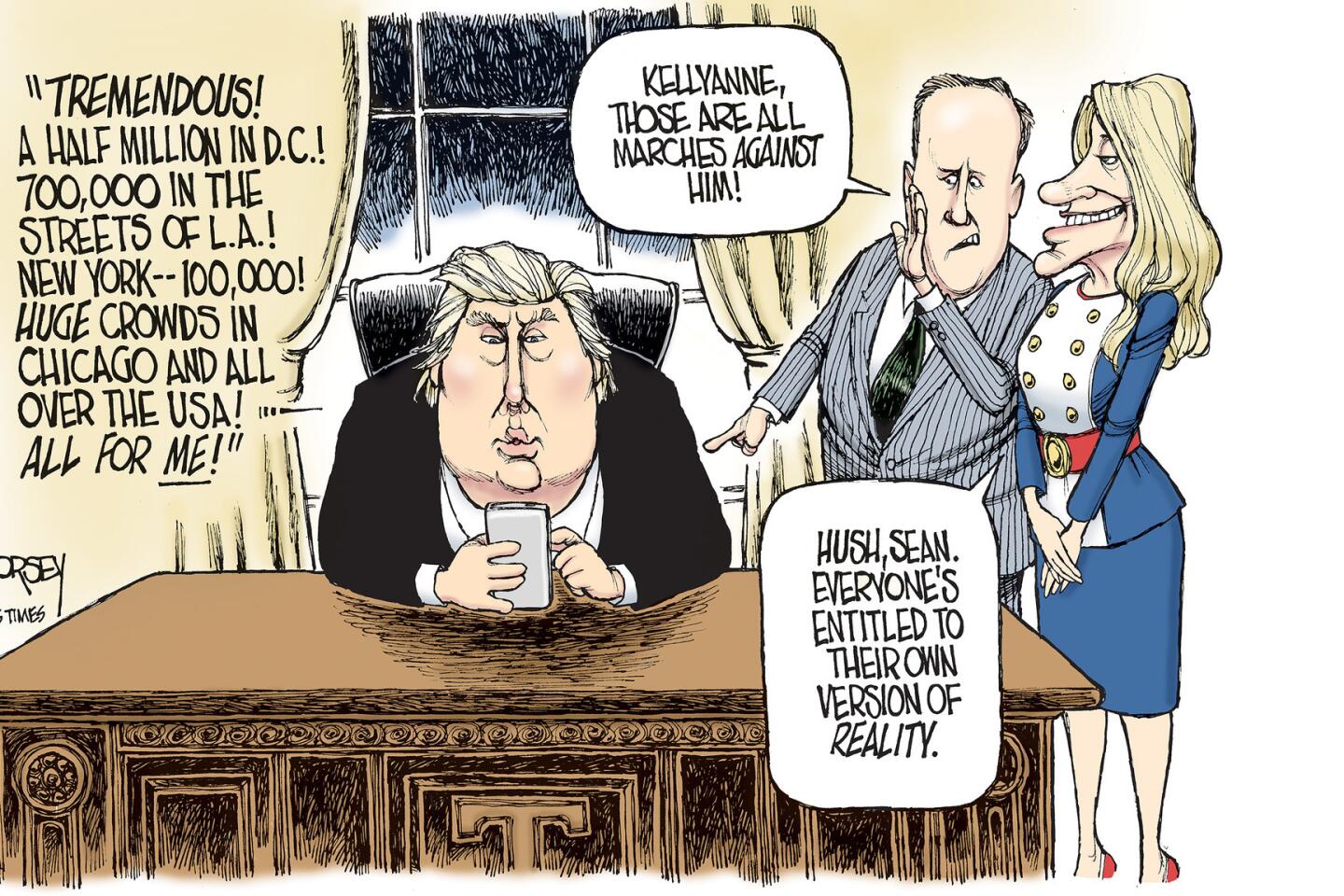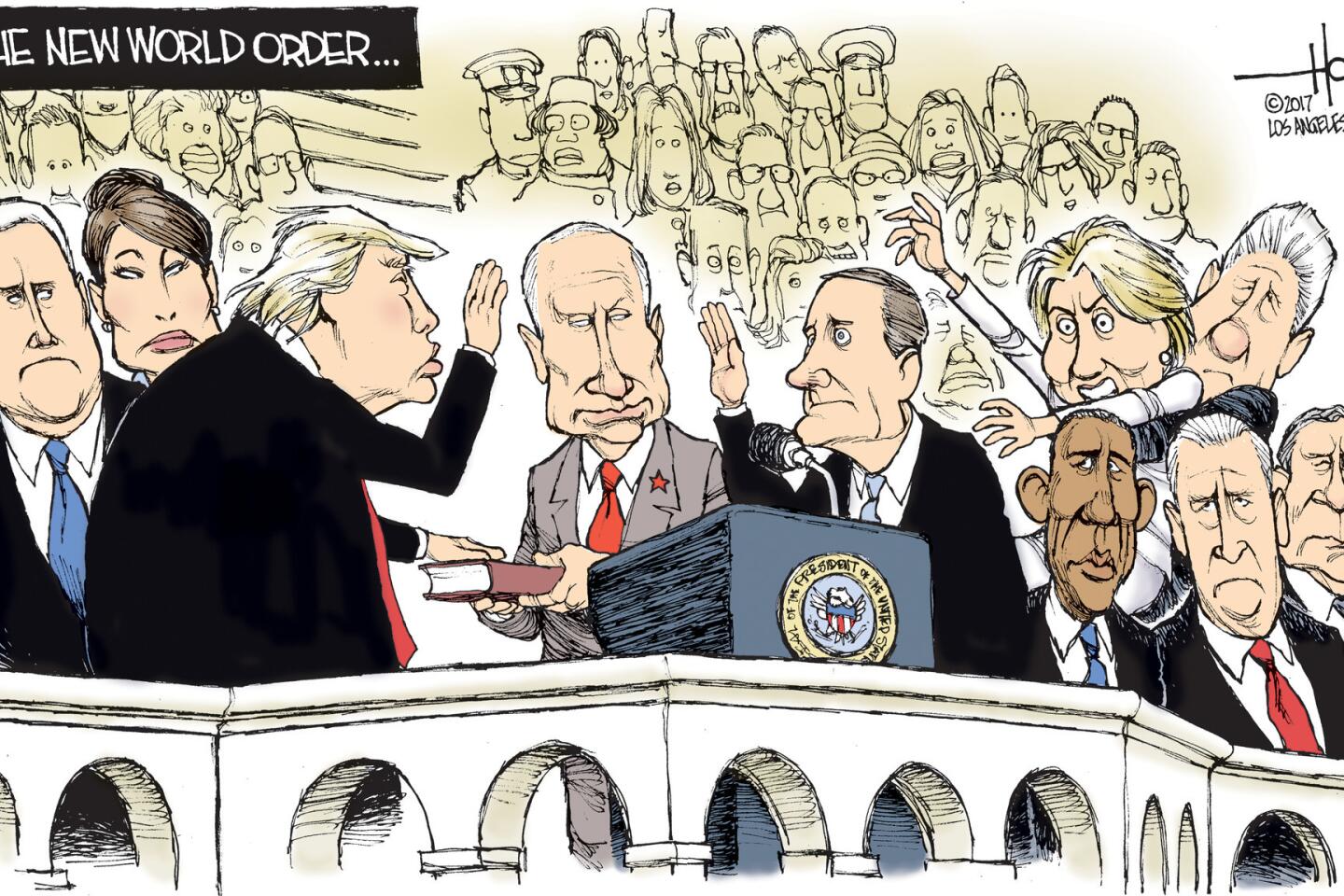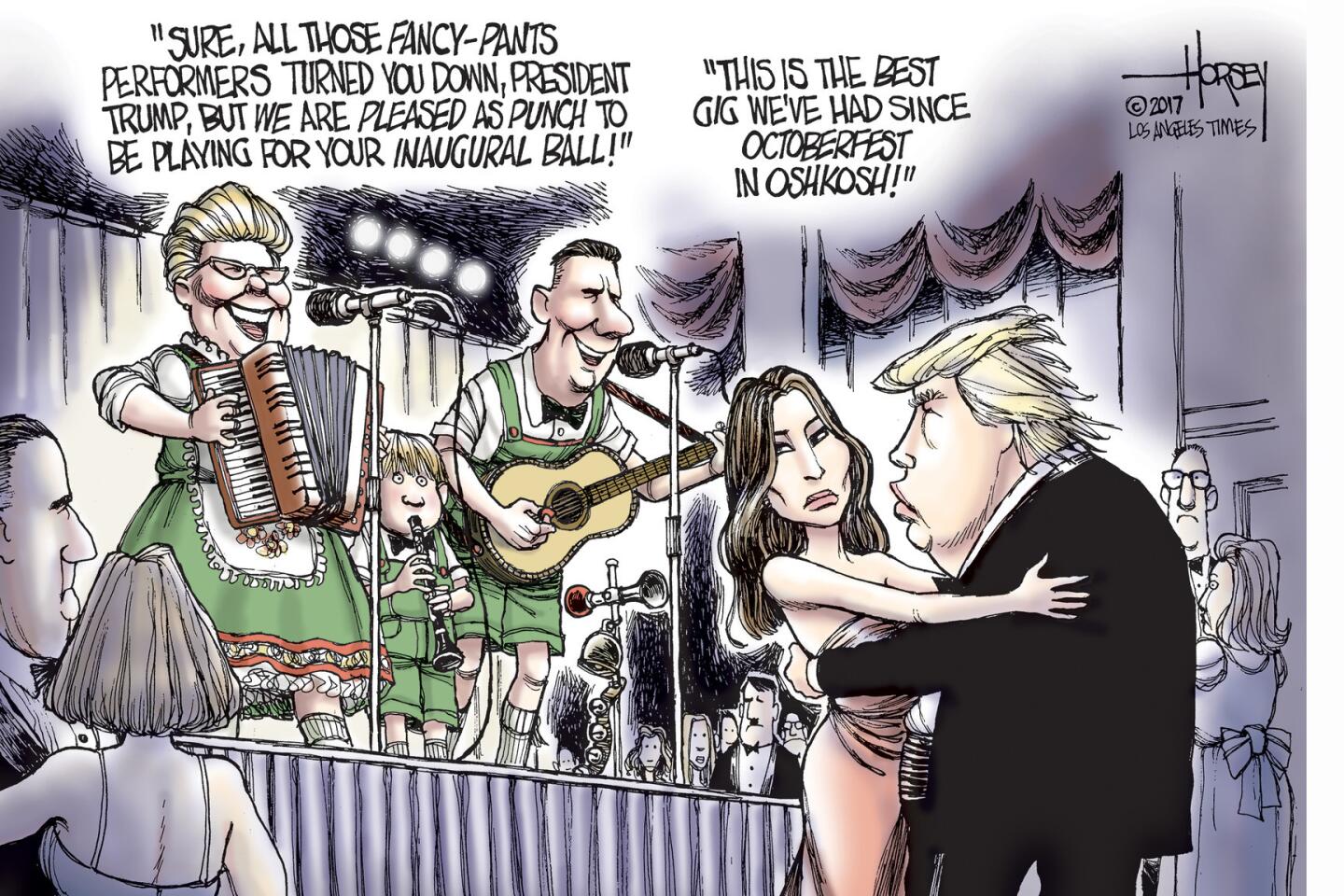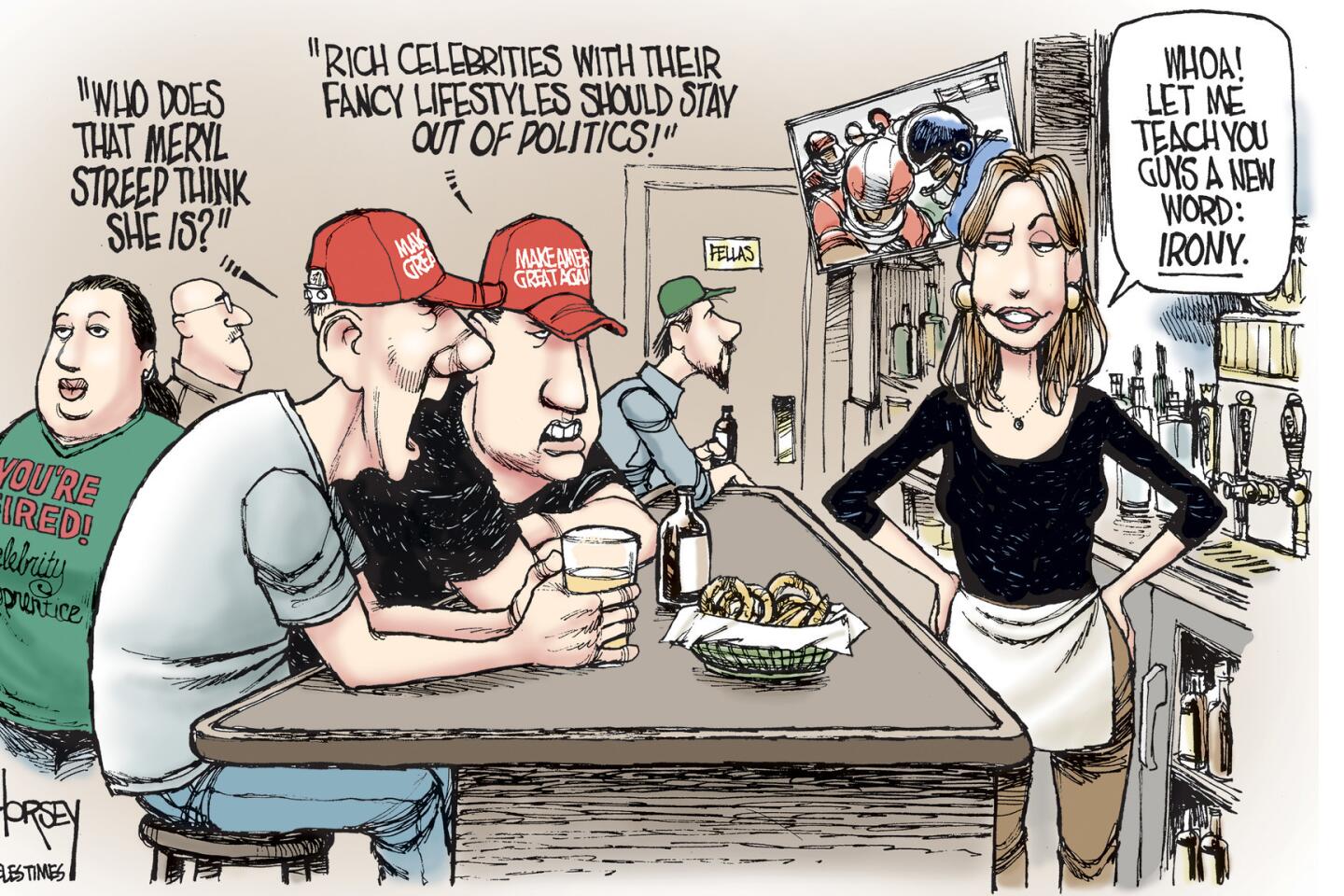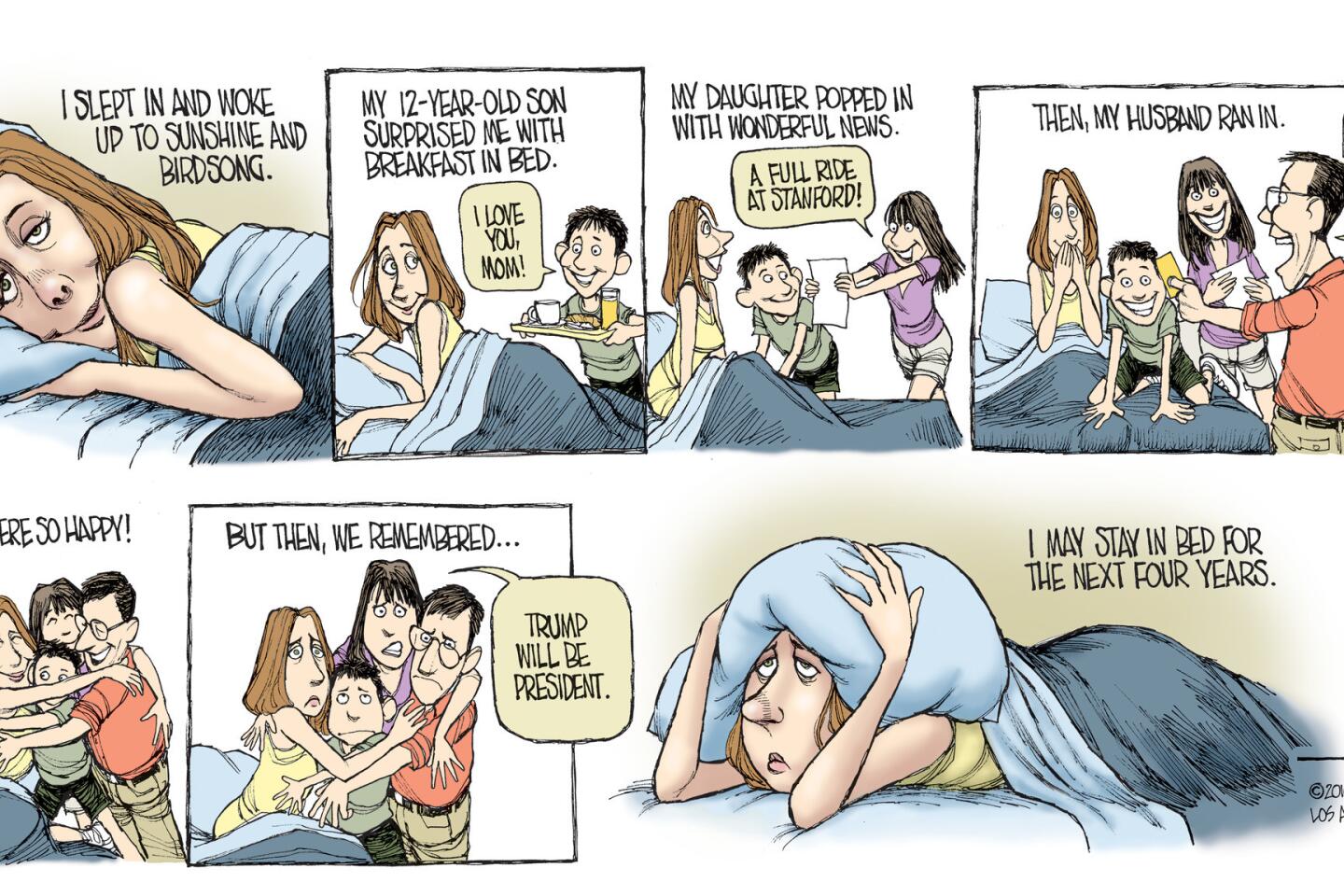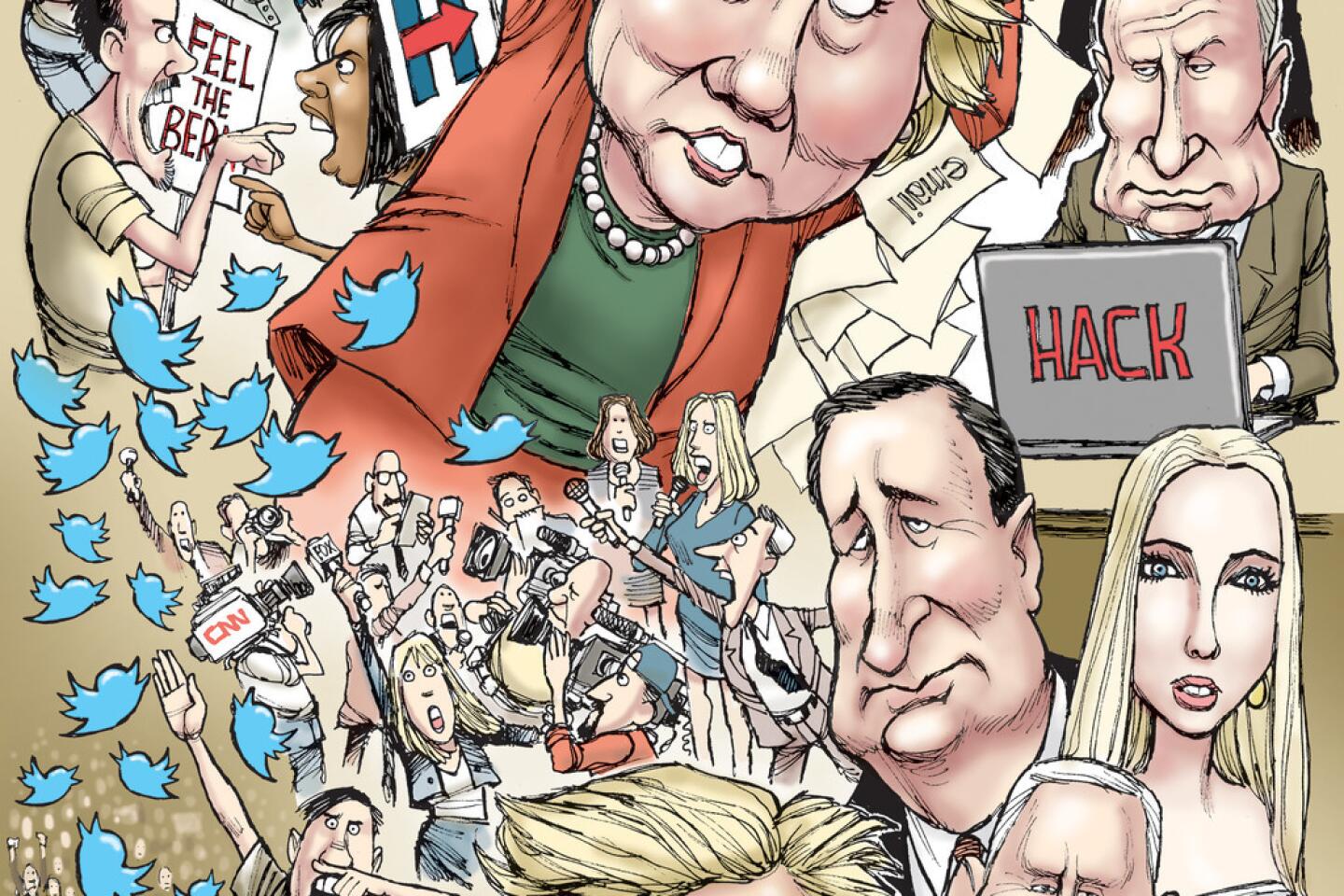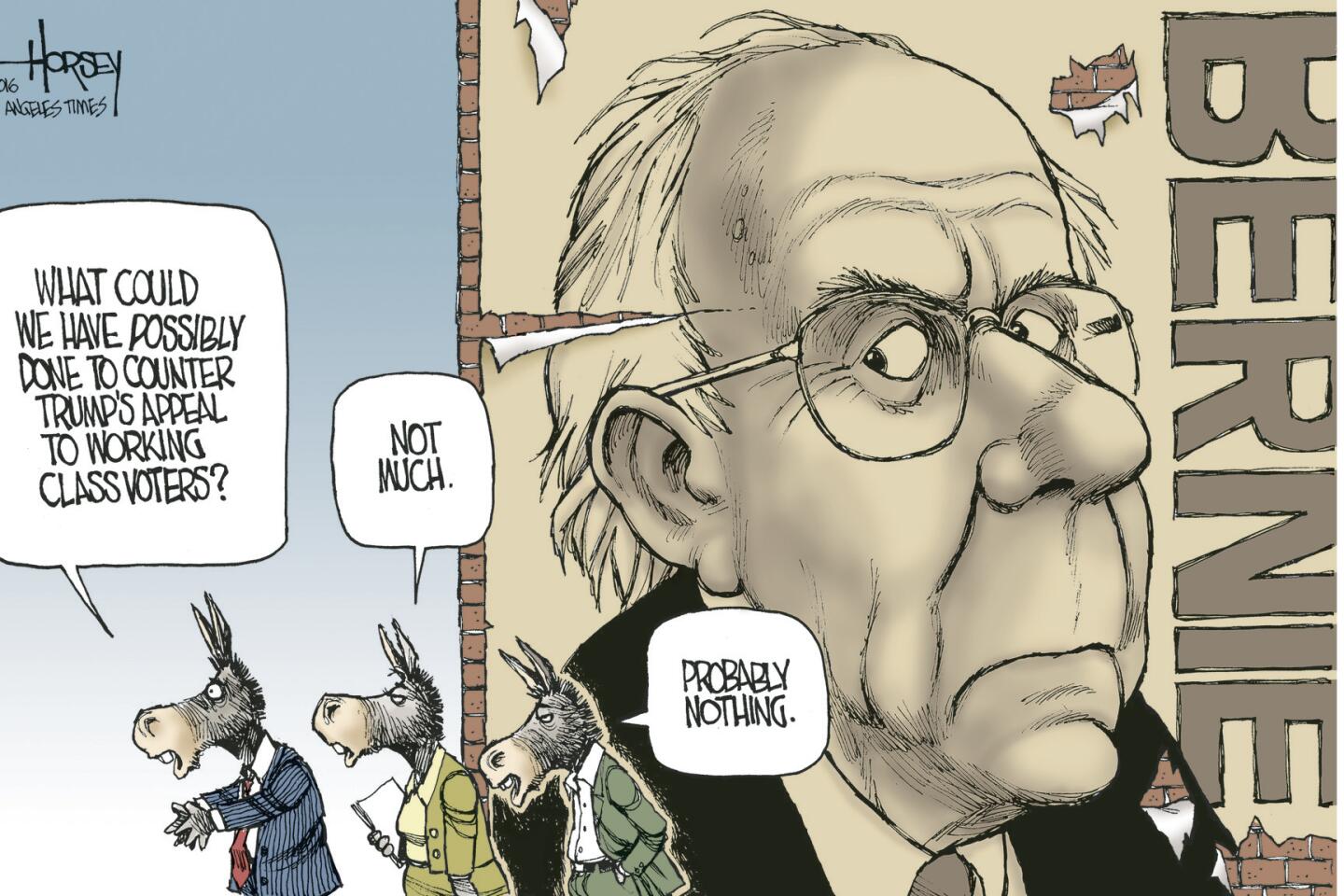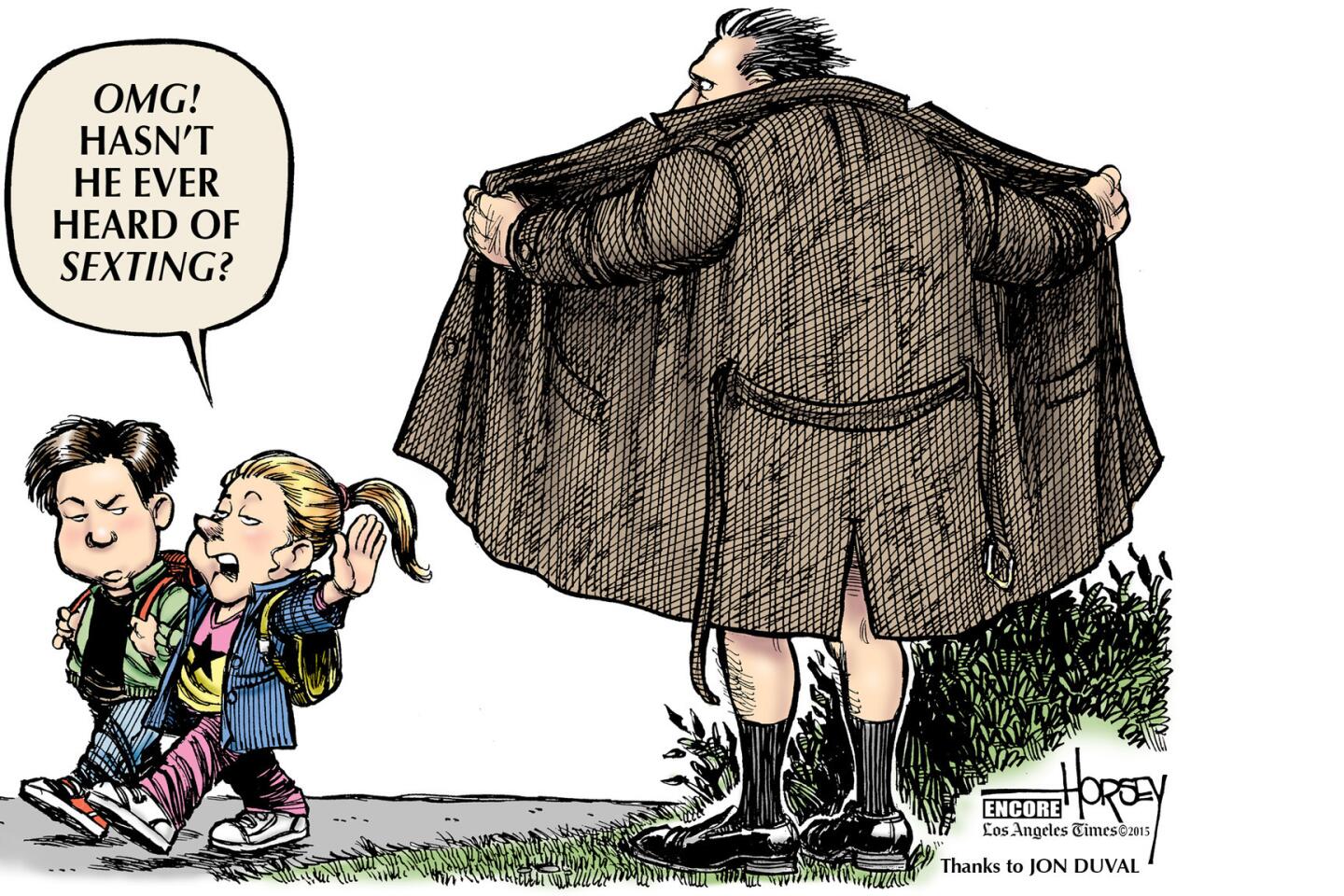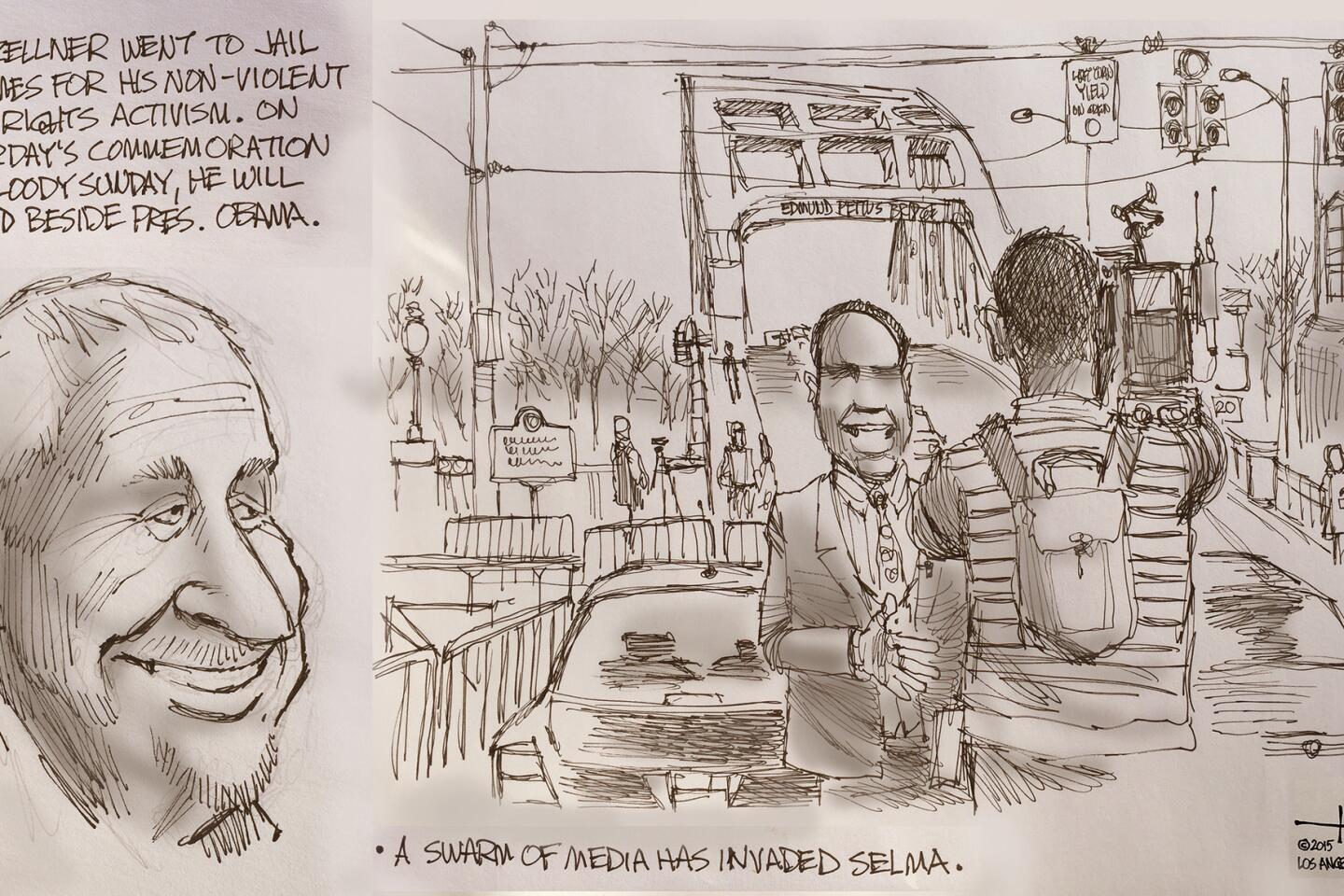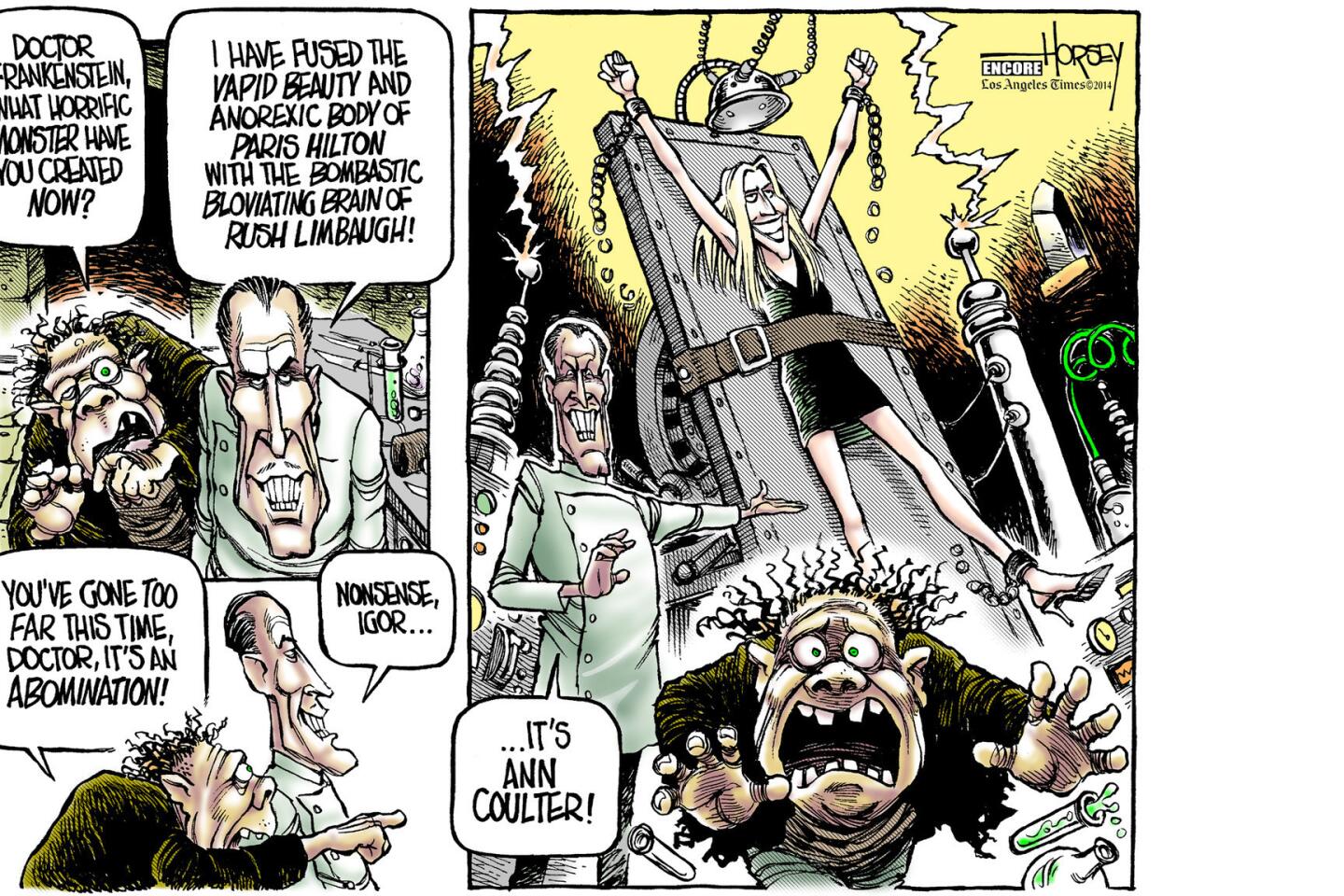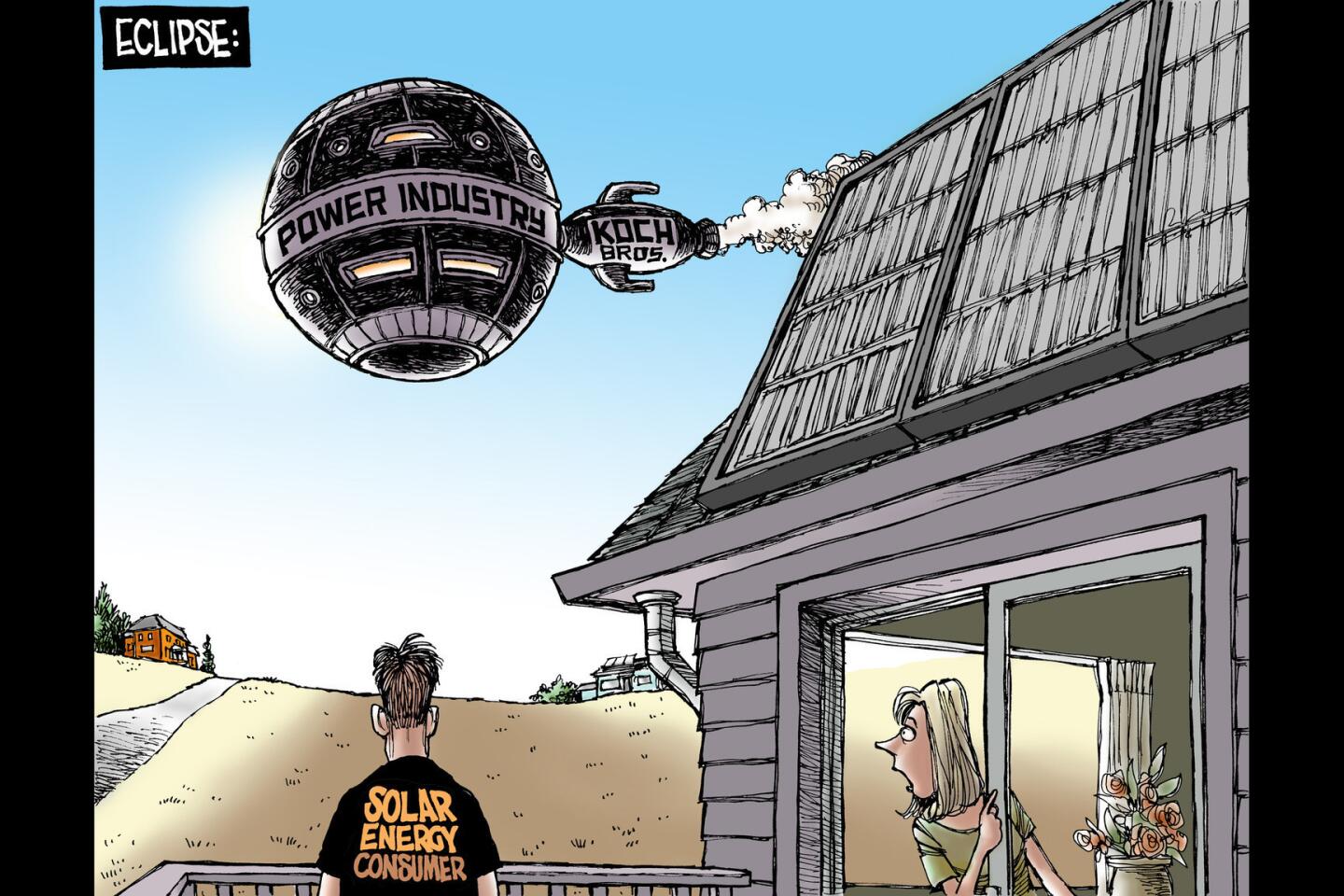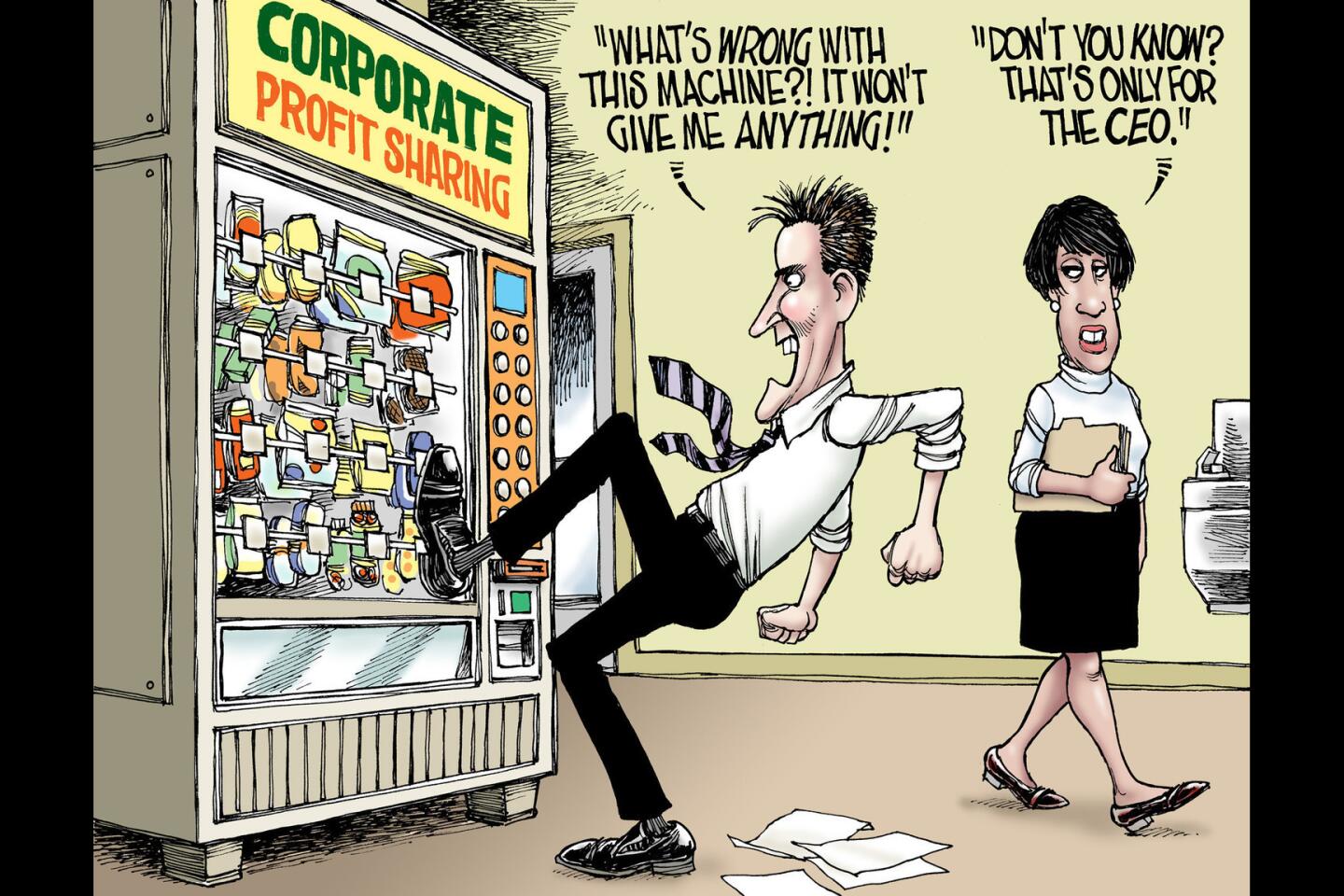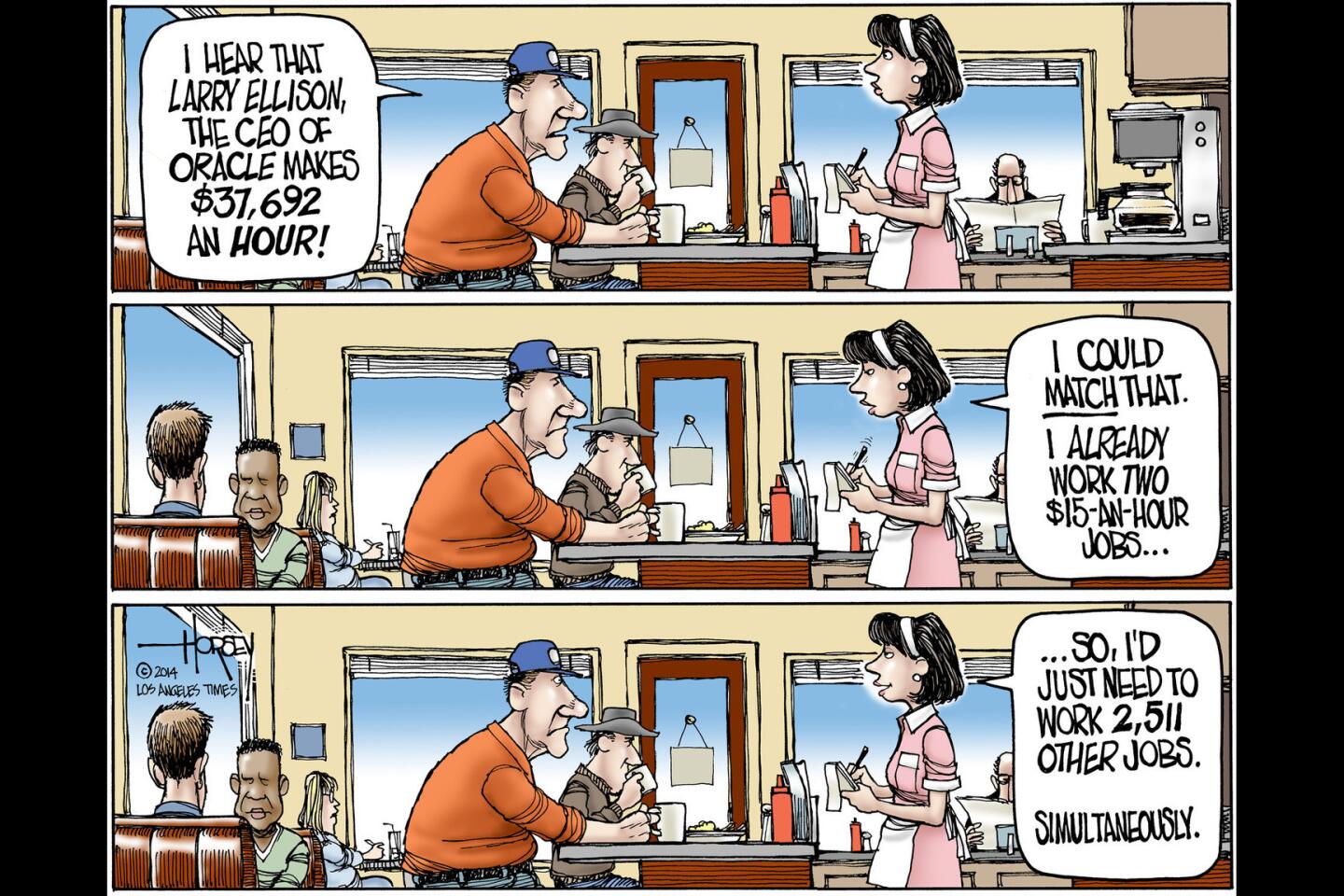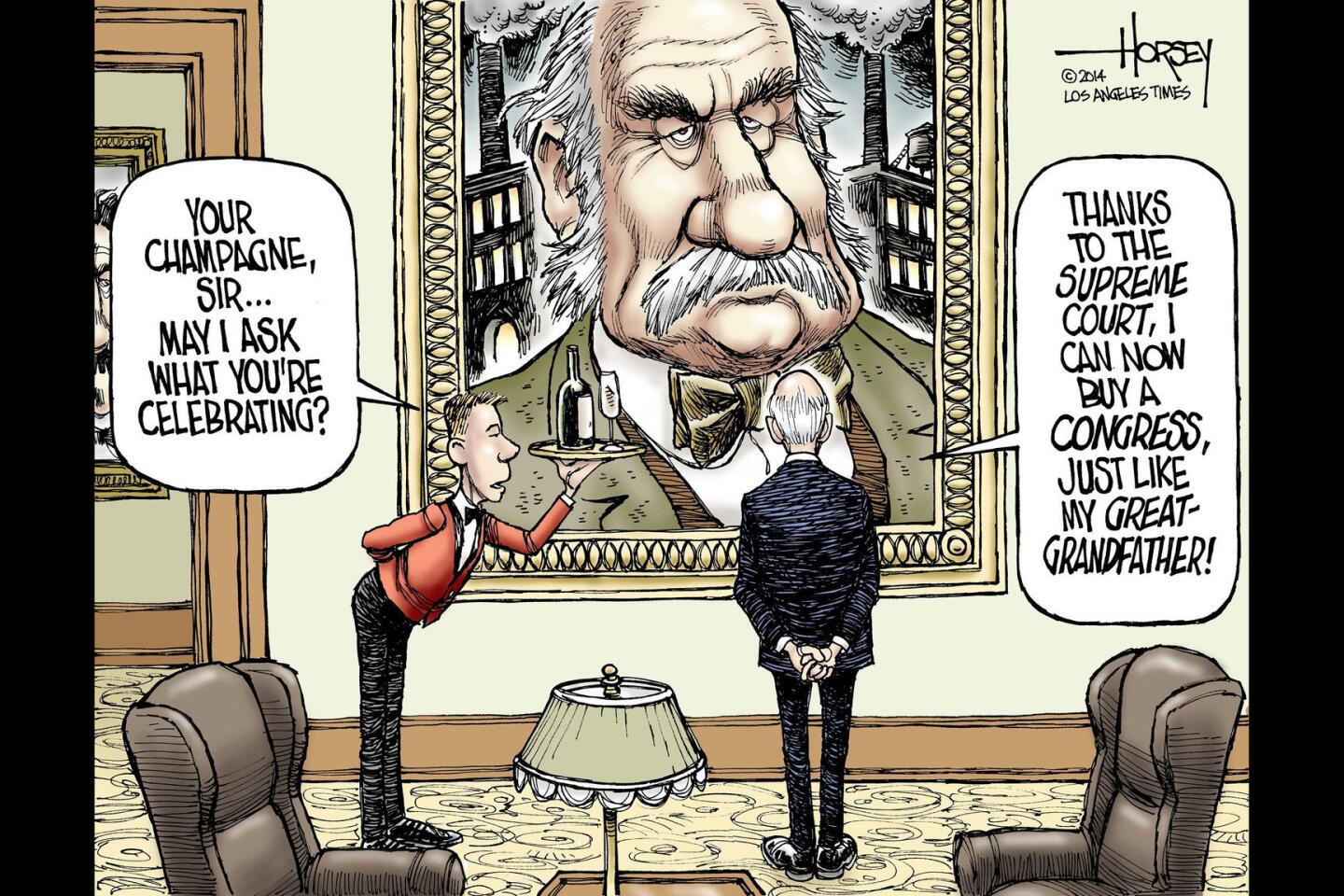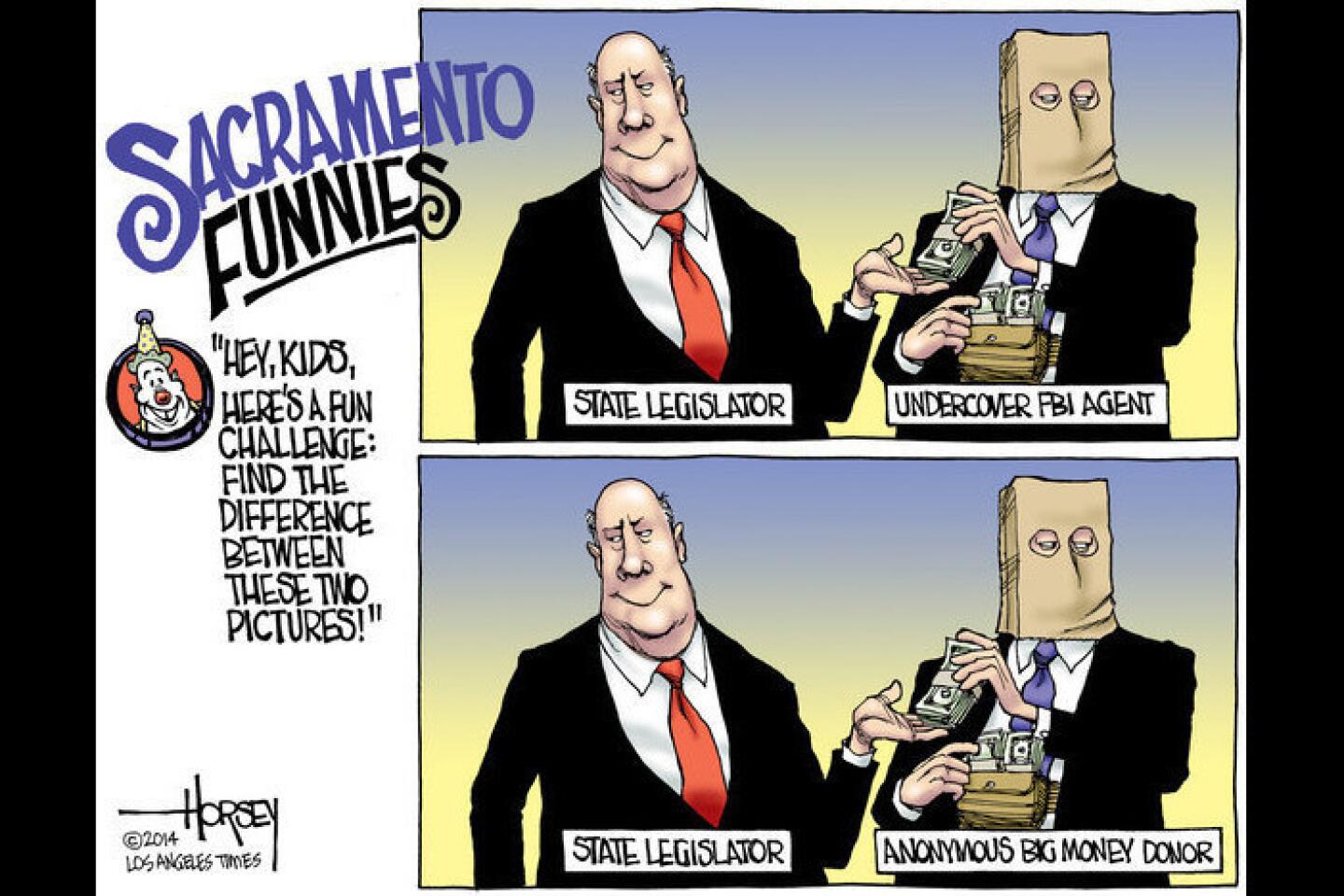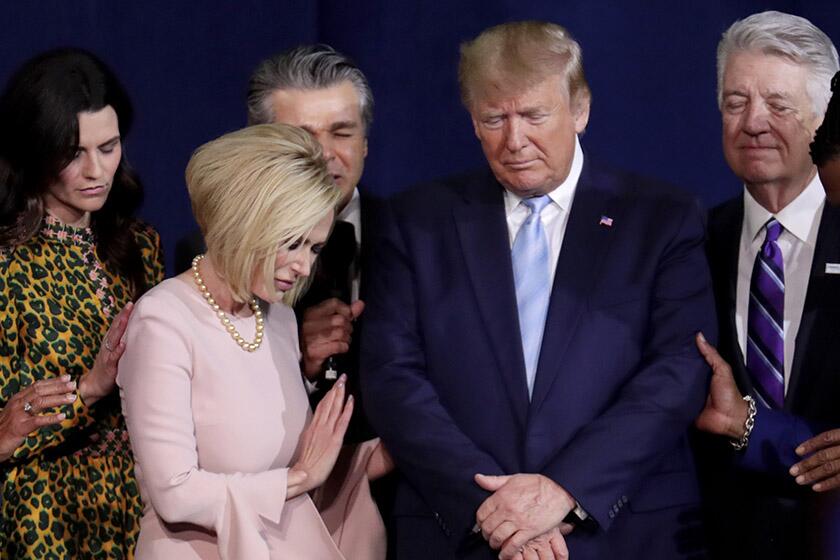Paul Ryan’s ‘Trumpcare’ does not entirely repeal or replace Obamacare
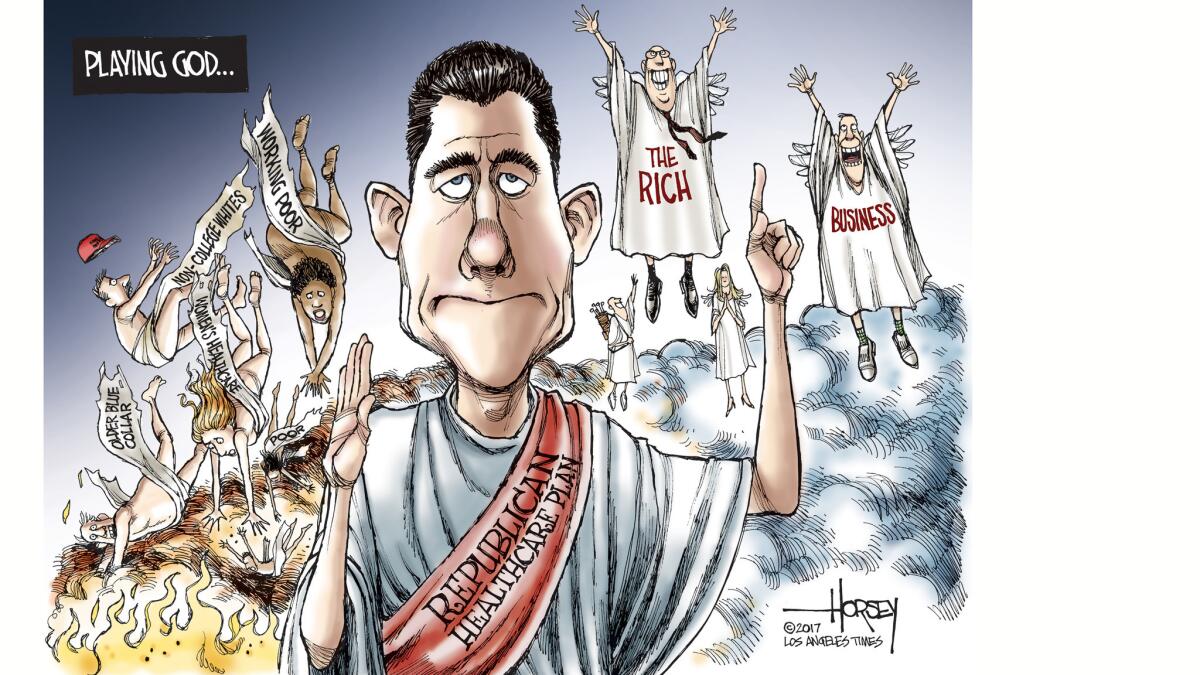
The House Republicans’ newly unveiled plan to repeal and replace Obamacare is already in political trouble because it neither repeals nor replaces.
Rather than being a complete repeal, it retains some elements of Obamacare — more properly known as the Affordable Care Act. This infuriates hard-line conservative members of Congress, as well as anti-government billionaires like the Koch Brothers, because they think it maintains new and unacceptable government entitlements. At the same time, the GOP proposal is anathema to moderate Republicans and pretty much all Democrats because it does not really replace the ACA’s approach to healthcare with an improved system. Rather, it radically changes the balance in who benefits.
The winners in the plan announced so proudly by House Speaker Paul D. Ryan are wealthy people who would no longer be taxed to help pay the medical expenses of the poor, as well as businesses of a certain size that would no longer be required to provide healthcare for their employees. Over 10 years, America’s richest citizens would be relieved from paying $310 billion in taxes. Meanwhile, millions of folks who could no longer afford health insurance premiums would be returned to dependence on hospital emergency rooms when they get sick.
Besides eliminating the tax on the well-to-do, the GOP plan also removes the requirement that everyone buy some sort of health insurance. With those two pieces deleted from the equation, adequate government subsidies for those who cannot afford healthcare costs would be impossible to maintain while premiums themselves would likely skyrocket for many people because insurance companies would have many fewer healthy people in their client pools.
A key part of Ryan’s scheme is to transform Medicaid into a program of block payments to the states. No one doubts that those payments would be significantly lower than what states get under the ACA, thus leaving states with the terrible choice of choosing to raise taxes to bridge the gap or abandoning the poorer people in their states to fend for themselves.
For now, the president has embraced Ryan’s plan and, as a result, Democrats have been quick to brand it Trumpcare, certain it will prove to be a stinking albatross around his neck. In his endorsement of the House GOP’s bill this week, Trump betrayed no grasp of what the plan really does:
“It follows the guidelines I laid out in my congressional address — a plan that will lower costs, expand choices, increase competition, and ensure healthcare access for all Americans,” Trump said. “This will be a plan where you can choose your doctor. This will be a plan where you can choose your plan. And you know what the plan is — this is the plan. And we’re going to have a tremendous — I think we’re going to have a tremendous success.”
Actually, this is nonsense. Rather than doing what Trump says it does, the Republican healthcare proposal will put millions of people in a worse position than they are in now, including quite a few of the older, white, blue-collar voters who enthusiastically supported Trump’s candidacy and believed his promise that he would deliver “healthcare for everybody” with “much lower deductibles” and cheaper cost. Even the authors of the GOP plan would cross their fingers behind their backs before they made such claims.
The critics, both on the right and the left, know better.
Those on the right are philosophically opposed to any sort of socialistic governmental guarantee of healthcare for all. (They’d get rid of Medicare, if they could.) This first version of Trumpcare may reduce that guarantee, but it still maintains pieces of it and pays for that niggling generosity with deficit spending.
On the left, the guarantee of universal healthcare — as exists in countries like Germany and Canada and the rest of the economically advanced world — is the ultimate goal. When Obamacare was passed back in 2010, many liberals saw it as just a first step, a flawed compromise with the insurance industry that was modeled on Republican Gov. Mitt Romney’s healthcare program in Massachusetts.
There will be very few, if any, Democratic votes for Ryan’s healthcare plan and, already, it appears there are too many Republican defectors to get it through the Senate. Not even passage in the Republican-dominated House is certain. A repeal that doesn’t repeal and a replacement that doesn’t replace seems like such an obviously lame idea that even someone as undiscerning and incurious as Donald Trump may eventually figure out just how politically untenable it is.
Follow me at @davidhorsey on Twitter
More to Read
A cure for the common opinion
Get thought-provoking perspectives with our weekly newsletter.
You may occasionally receive promotional content from the Los Angeles Times.
